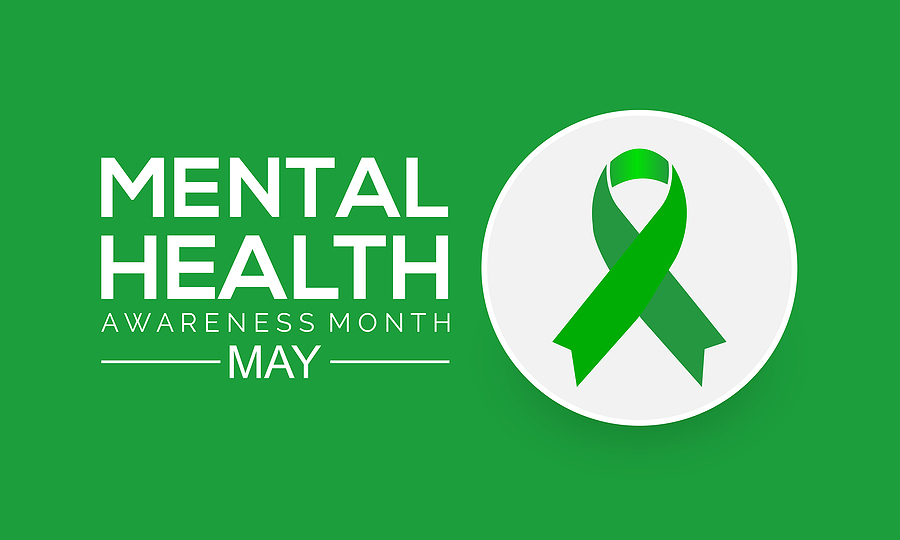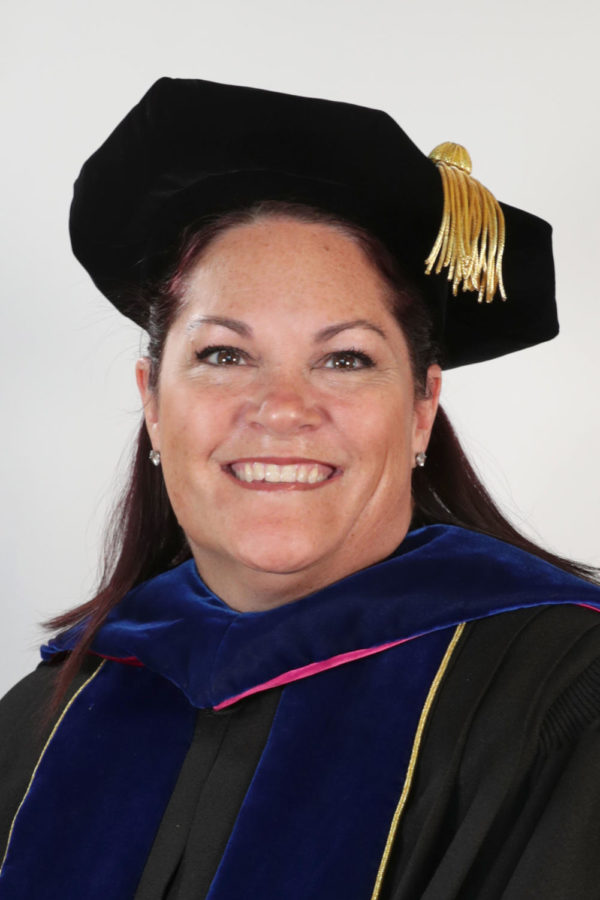When most students think of public health, they think of epidemics and food poisoning.
Public health, however, encompasses so much more than just these tiny details. It is about the global community’s health, both mental and physical, as well as toxins in our environment whether they are on food that we consume or bullying in our school systems.
Public health affects us all. This year, the new department at Mercyhurst will be conducting the first ever Public Health Month to raise awareness and understanding about what public health is and what it entails.
Assistant for the Mercyhurst Institute for Public Health Eileen Zinchiak, along with Brittany Prischak from the Green Team and Greg Baker from Campus Ministry have been working on this event for some time now.
Heading the project, Zinchiak explains what this event is about.
“National Public Health Week, sponsored by American Public Health Association in Washington D.C. encourages universities to create activities for students and the public, to increase awareness of current public health issues,” Zinchiak said.
Multiple events are scheduled for the month to discuss different topics and how they’re affecting us both locally and globally.
The first event is speaker Michelle Naccarati-Chapkis, the executive director of Women for a Healthy Environment. She will give a presentation titled “Healthy Choices, Healthy You: How to Avoid Everyday Toxins” on Tuesday, April 3, at 8 p.m. in the Mercy Heritage Room.
“The consumer awareness information about toxic substances that Michelle Naccarati-Chapkis will share with us is among the newest wave of health education that the public needs informed on,” said Zinchiak. “We’re thrilled that an environmental professional with her expertise is close by in Pittsburgh, a center of the American environmental movement, and that she was available to speak.”
Along with this keynote speaker, the public health department will display a poster photo exhibit to demonstrate what different cultures across the world consume for food on a weekly basis.
“Our Global Communities, Our Food” will begin April 2 with posters in the Herrmann Student Union, Campus Ministry office and the first floor of the Hammermill Library. The photos being showcased are taken from the book “Hungry Planet: What the World Eats” by Peter Menzel.
This exhibit focuses on the reality that not all cultures have access to the rich variety of food that Western culture does.
Each poster pictures a family, along with how much food they would typically eat in one week.
Each week the Public Health Month will focus on a different theme dealing with toxins and the impact on health, global food, security and poverty.
Along with all the other events, the public health department is encouraging students to be involved with the “Live Below the Line” challenge. This is an awareness campaign of the Global Poverty Project and is aimed at ending poverty.
On Monday, April 2, and again Monday, April 23, students are challenged to eat only one meal that costs no more than $1.50. This represents the 1.4 billion people around the world that live below the poverty line and how much they can afford to eat on a daily basis. The Laker will be having special meals that cost $1.50 available for students.
Public health is concerned with toxins in our environment whether they are local, global, physical or mental. The month of exposure to different types of cultures will surely be an eye-opening experience for those of us that live in the comfort of Western culture.




